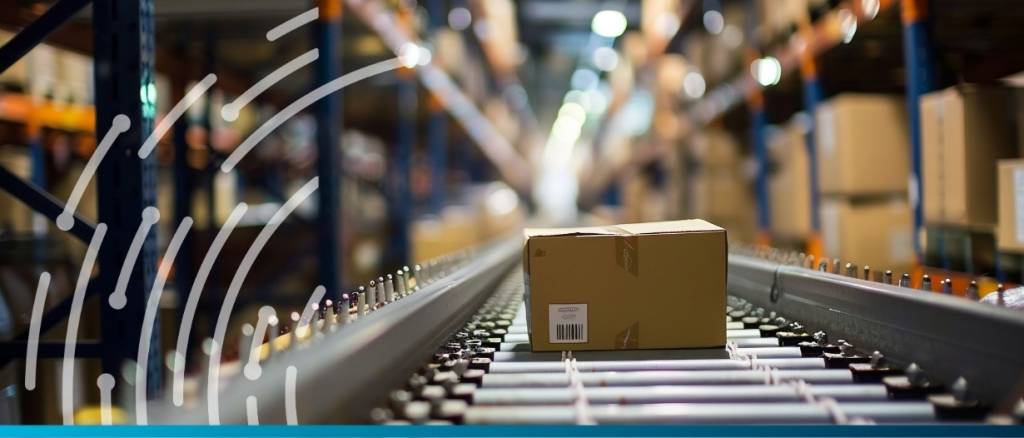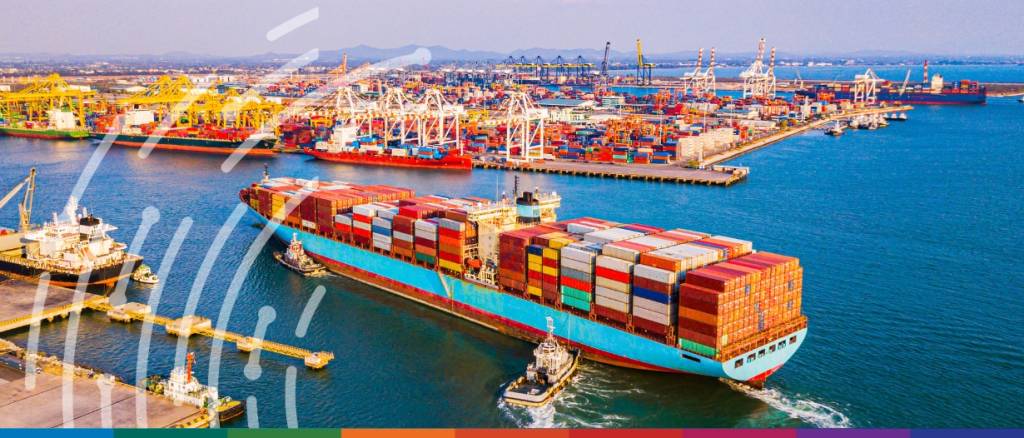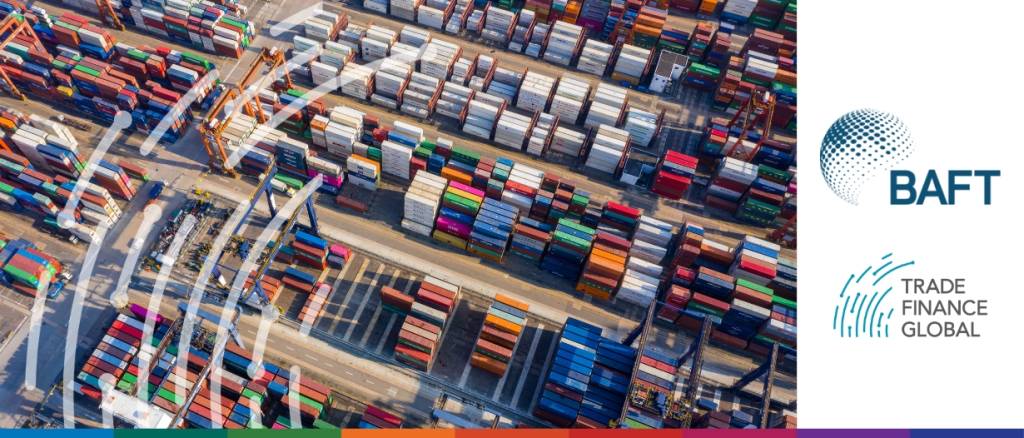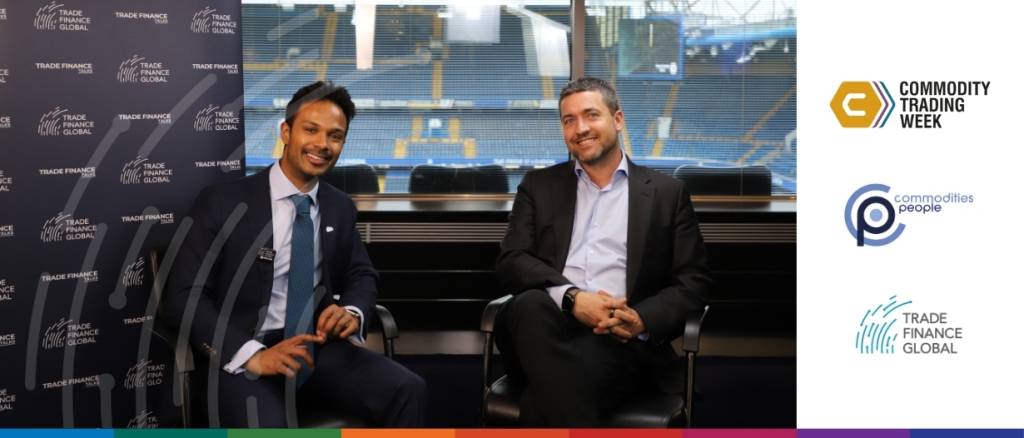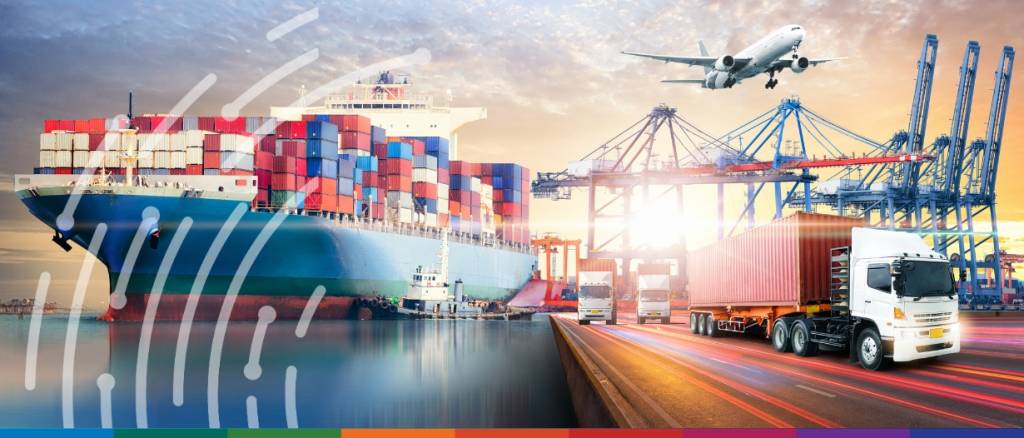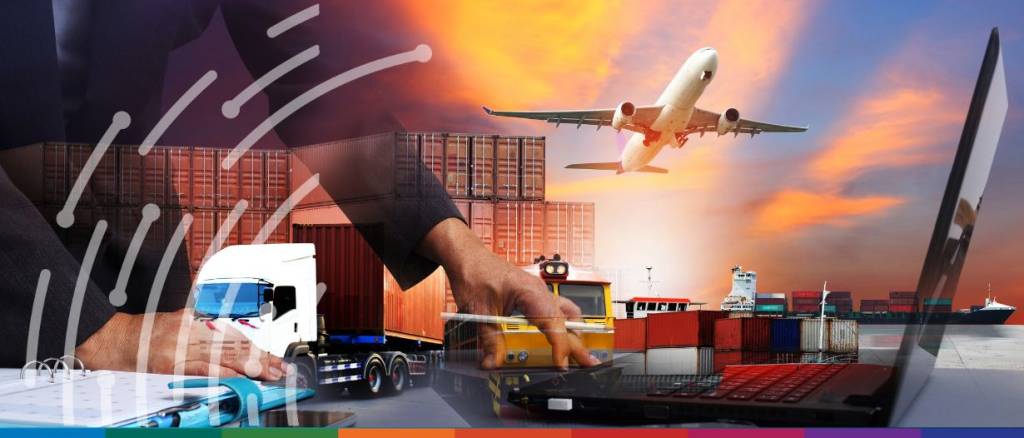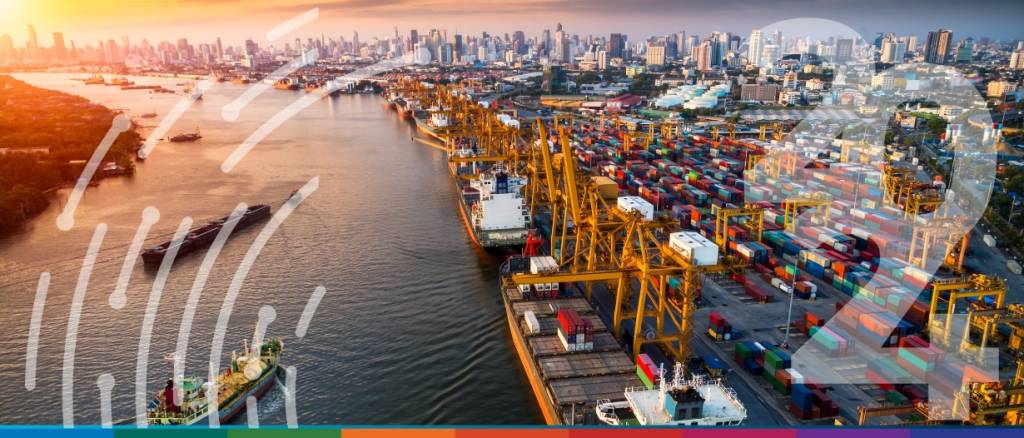To effectively address climate action and build resilience in Mongolia, attention must be directed to three critical areas: livestock, forests, and water. These sectors are central to the Government of Mongolia’s ‘Vision 2050’ initiative, particularly its pledge to “protect the planet Earth and its pristine nature”.
A coalition of major supply chain industry associations has thrown its weight behind the “declaration of the electronic Bill of Lading” (eBL). This development adds momentum to the commitment towards modernising international trade documentation.
Learn the risks of working with non-approved customs brokers and how to protect your business. Stay compliant with import regulations and avoid unnecessary penalties.
To discuss the paper and better understand how DTSCF can promote financial stability, risk management, and sustainability, Trade Finance Global (TFG) spoke with Tod Burwell, President and CEO of BAFT.
To help demystify some of the greatest challenges facing the shipping and freight forwarding industry today, Trade Finance Global (TFG)’s Deepesh Patel spoke with Director of HR Maritime, Richard Watts.
HM Revenue and Customs has released its Customs Importer and Exporter Population official statistics for 2023, showing a decrease in the importer and exporter population compared to 2022.
Learn how Canada’s cultural diversity can drive supplier diversity and support economic growth. Embrace inclusivity and create a more equitable economy.
Customs compliance obligations have to be met when importing and exporting goods to ensure that the documentation related to the accompanying goods is generated in adherence with the legislation of the importing and exporting countries.
Discover how Just-in-Time Delivery can benefit your business & suppliers. Get insights into its core mechanics & implementation strategies.
To start off the year 2024, we wanted to set out the top seven trade trends we’ll be watching through the coming year.
















